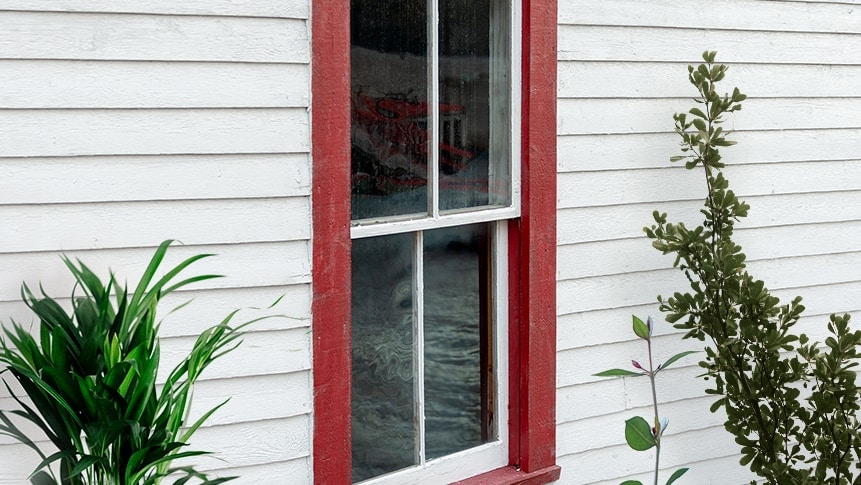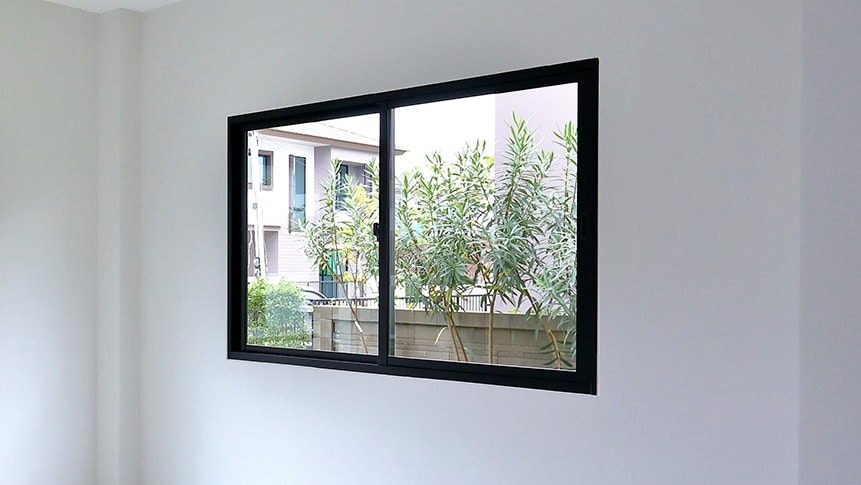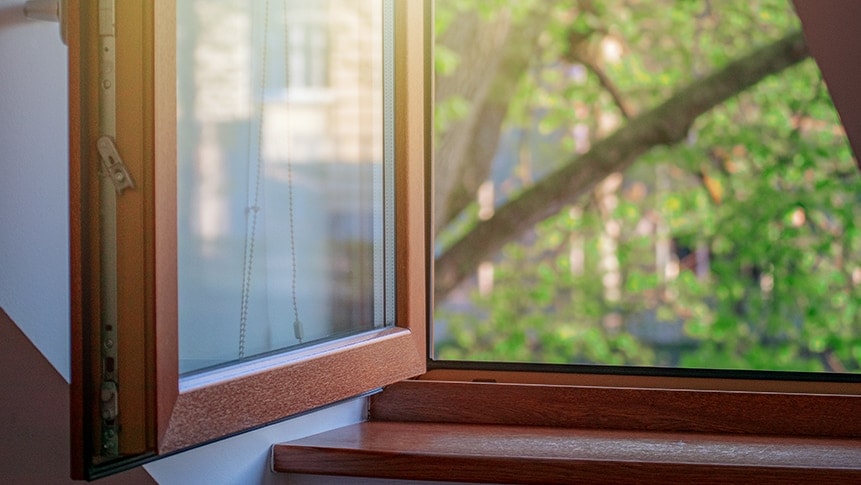Signs your windows may need to be replaced
Windows Updated: June 6, 2022

Windows play a big role in the enjoyment and appeal of our homes. Windows let the sunlight in, give us a spot to watch the birds, and allow us to see if visitors have arrived. A good, efficient window can also keep you cozy in the winter and cool in the summer. It can block street noise and protect your floors, furniture and other belongings from harmful UV rays. But most importantly, efficient windows reduce energy use, which can in turn lower your energy bill.
Also keep in mind that improving your insulation and sealing air leaks can have a bigger impact on your comfort and energy savings, so you may want to look into those improvements first.
At first glance, window terminology can seem a little overwhelming, but once you’re familiar with a few phrases, it will all become clear.
Single-, double- and triple-pane windows. “Pane” simply means sheet of glass, so if you see one sheet of glass, your window is single pane. Two sheets of glass with a little space between them means you have a double-pane window. Double-pane windows are the most common, but some older houses will still have single-pane windows installed. On the other end of the spectrum are modern, ultra-efficient triple-pane windows.
Wood-frame windows. Around the turn of the last century, the most common type of window frame was made of wood. Wood windows were popular for decades because they could be stained or painted to match any style and are very attractive. If you have the budget to spend, some window companies make new wood-frame windows that are excellent quality but more expensive than other options.

Aluminum-frame windows. Aluminum windows came on the scene in the late 1950s and remain a common, low-maintenance option. While not as efficient as vinyl at insulating, aluminum windows do have some advantages, including their light weight and their strength.

Vinyl-frame windows. If your windows were produced in the 1990s or later, they are likely made from vinyl. Vinyl windows are cost-effective and do a great job keeping your home warmer in the winter and cooler in the summer. They’re also versatile when it comes to style, size and color.

Composite-frame windows. Windows with composite frames are ideal for moist, colder climates like the Pacific Northwest. They can be made of wood, reinforced fiberglass or other inorganic materials and often have the appearance of wood. Composite-frame windows require very little maintenance and can be immune to issues like moisture in the window frame, expansion and contraction, damage from insects, mold and rot.

Now that you’ve identified your window type, let’s look at how to tell if energy (and money) could be escaping right through leaky or outdated windows. Here are some easy ways to determine if your windows have an efficiency problem:
Take a minute to really inspect the edges and corners of your windows. Notice if you feel a draft coming through, or if there’s a noticeable temperature change in the immediate area near the window frames. An easy way to feel for drafts is to hold your hand near the window frame on a windy day. You may also find that you notice strong smells coming from the outside when you are near the window.
Sometimes, damage to a window can be subtle, like a chip or small crack. But any deterioration can be bad news, especially if you notice signs of water damage or warping around the window’s frame. Not only can a damaged window negatively impact your energy efficiency, but it also provides an opportunity for insects, allergens or even wildfire smoke to enter your home.
Pay attention to energy bills.
If your energy bills consistently seem to be higher than expected and you have older, single-pane windows, your windows may be a contributing factor.
Figuring out the right time to replace your windows will depend on many factors, including the age of your home, the climate you live in and more. If you currently have single-pane or metal double-pane windows, or if your windows show signs of damage, draftiness or moisture accumulation, it may be time to replace them. If your problem is a little less severe, or if you rent your home, you may be able to prolong the life of your current windows and increase seasonal efficiency with caulking, shrink film or other temporary measures.
If it is time to replace your windows, Energy Trust is here to help. An energy-efficient window upgrade often means reduced monthly bills, and Energy Trust works with a large network of contractors across Oregon and Southwest Washington, that are trained in how to find the best and most cost-effective windows for you and your home.
